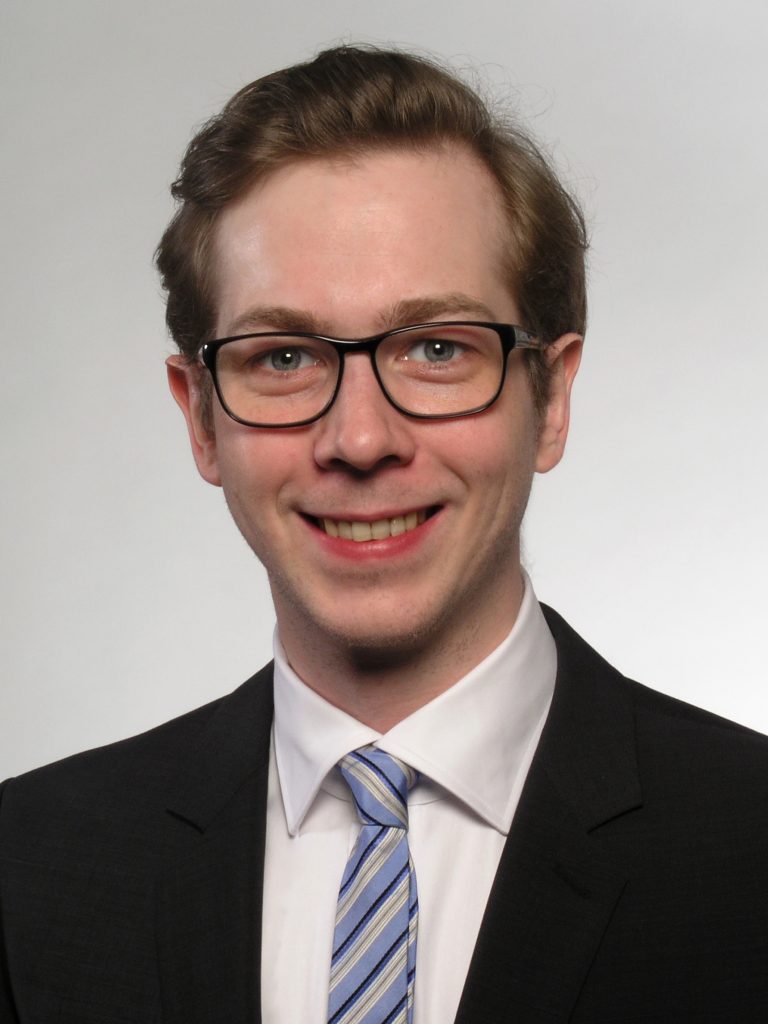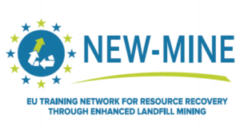NEW-MINE researchers meet the ‘De Locals’ group.
Two Asians, four Latinos and eight Europeans walk on an abandoned coal mine… What sounds like the beginning of a joke was the actual Kick-Off event of the NEW-MINE project. Below we will briefly describe our impressions about this event and focus on an inspiring evening with ‘De Locals’, but you can also check out this short video report!
If you are reading this, chances are high you already know all about the NEW-MINE project (check out more about it on the New Mine and Eurelco websites). So you might know that NEW-MINE is an EU funded project which is part of Marie Skłodowska-Curie Actions (MSCA) under the Horizon 2020 framework. The project aims at getting high added value products out of old landfills in a sustainable manner. In fact, the New Mine promotes research and development for innovative solutions to recover resources from historic and/or future waste disposed in landfills. Doing this is called Enhanced Landfill Mining (ELFM). One of many reasons to implement this is that leaving old landfills untouched represent a direct risk to local communities and the environment. Other reasons are geopolitical. As exposed in the DEMETER´s project promotional video, resource prices can often be very volatile. Using the anthropogenic resource stocks within Europe could lead to greater independence. The main drivers for ELFM are the need to unlock resources disposed in landfills, to reclaim land, to reduce the impacts related to landfill sites, and recover energy, metals and other materials to enhance reuse. A landfill becomes thus a new source for resources. If you are more interested in these topics on reuse and recovery of resources in general and ELFM in particular, you may as well read about it on this page or on the Circular Economy Strategy of the European Commission. Overall, ELFM will be our chance of contributing to a more sustainable society.
We should start by saying that, while most projects are driven by economic motivations, the environmental implications of our solutions and their social impacts are fundamental parts of NEW-MINE. One part of this is social awareness, thus communication with local communities affected by ELFM is very important to us and to the success of our project. For this reason, at the Locals Event, we met with the representatives of the local community of the REMO landfill close-by.

NEW-MINE researchers exchange perspectives with ‘De Locals’
During an informal and very interesting evening, the Locals told us their story. It is a very active group with reasonable questions and concerns for their community and a good example for citizens’ initiative (Check out more about them at CleantechPunt). Over the years, the Locals group had gained quite some knowledge about the project at the REMO landfill and they were very well informed on the technical processes as well as on the needs of their community. They have in fact been involved in landfill-related matters since the 1980s, when the first operations on the landfill took place with direct consequences on the local communities. They are not only well aware of the technical details, but also want to be considered in decision making processes and stay informed about the progress of the project. And, we believe that trust in researchers and professionals is key in communication and, maybe, has to be regained in some cases. In fact, not all people react the same way, and concerns related to the previous experiences this community has had with landfill operations has led to skepticism. This matter brought up the one very challenging question:
“How would you approach people of the local community who are more reluctant to engage in an open dialogue?”
This question represented the start of an interesting and fruitful debate in our small group of five people. We had actually very little time compared to how big and important this topic is, but we did our best to come up with some good ideas. The outcomes of the discussion represent the main points we will focus on during our collaboration to make interactions more effective. These can be summarized through the famous who, which, what, when, where and how.
- WHO should be responsible for communication?
- HOW should dialogues between the different parties take place?
- WHICH are the major concerns for the local community (often these match the priorities of professionals and researchers)?
- WHAT could be the benefits for the local community deriving from the project?
- WHEN and WHERE should information be disseminated, talks and workshops organized, interviews taken?
Of course, other issues were outlined during the meeting and other groups have debated on them. On top of the knowledge exchange and as a direct consequence of the discussions, Maurice Ballard, representative of the Locals group, was elected as a member of the Supervisory Board. One important goal is to further enhance the collaboration between the Locals, researchers and companies involved. Congratulations, Maurice! You can check out a short video about the event here and let us know what you think…
In the end, our general aim is to address a broader audience to have a better overview of opinions and needs, to interact with people and explain why this project is important locally and globally. So what more to say? Thank you all for this really well organized positive and helpful discussion with the locals group and santé to a beneficial and constructive collaboration!
About the authors:

Giovanna Sauve (GS) Giovanna is our ESR 13 and her research project aims at assessing the environmental impacts of ELFM solutions by an integrated LCA and RA methodology. Originally from Rome, she obtained her Bachelor degree in Politecnico di Milano and obtained her double Master’s degree in KTH Royal Institute of Technology, in Stockholm, and Universitat Politècnica de Catalunya, in Barcelona. |

Paul Einhäupl (PVE) Paul is doing a policy and social impact assessment on ELFM, which is our ESR 15. He grew up in Berlin, where he also studied industrial engineering at the Technische Universität with visits to Mexico and Portugal. Before becoming part of the NEW-MINE team, Paul was working at a Collaborative Research Center on sustainable manufacturing. |



One comment
Pingback: Work package 4 ensures the multi-criteria assessment for integrated Enhanced Landfill Mining concepts and technologies – EU Training Network for Resource Recovery Through Enhanced Landfill Mining